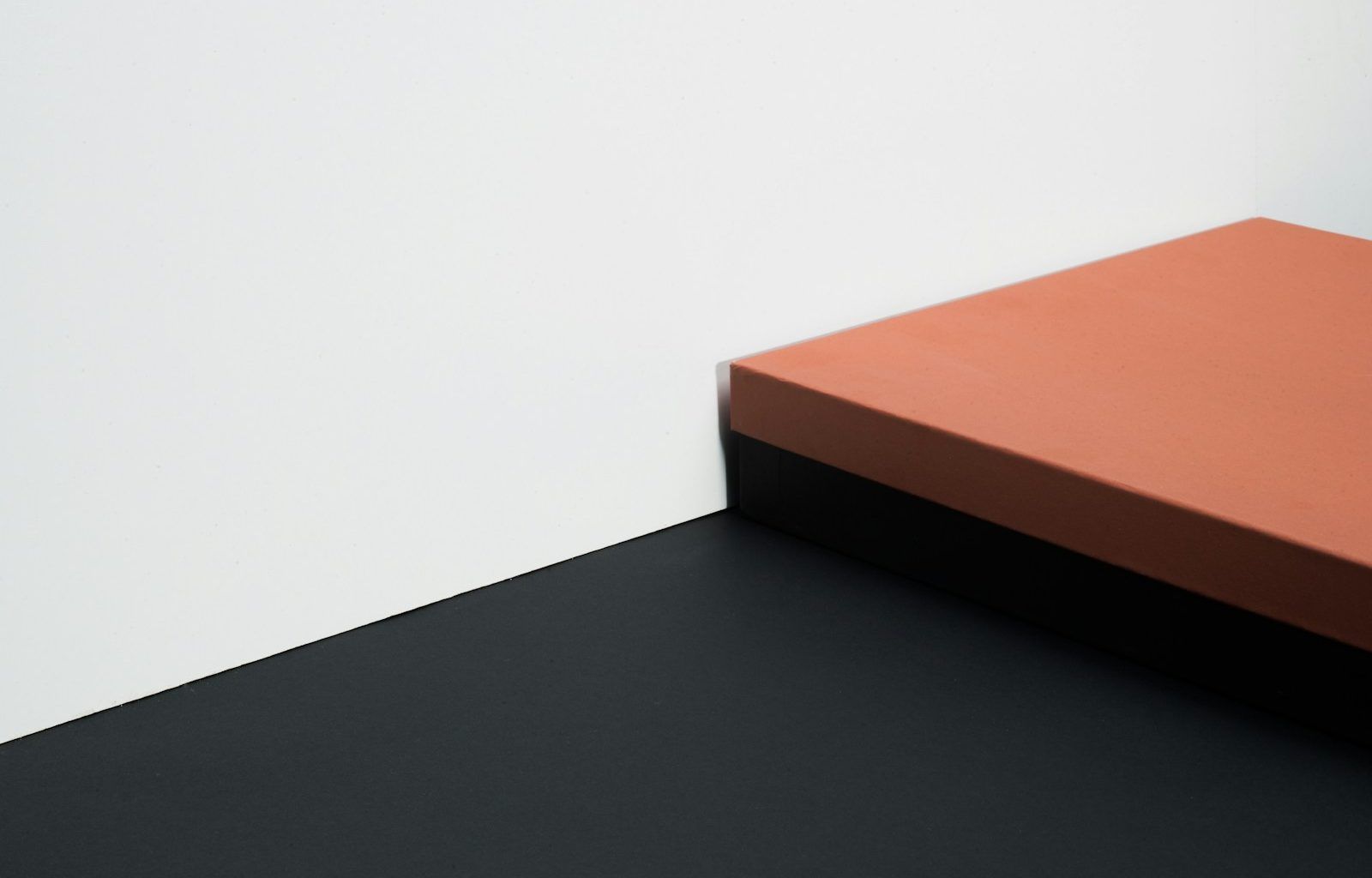If you’re someone who loves music or is trying to make it in the music world, you’ve probably come across terms like “EP” and “album.” But have you ever wondered what they actually mean? And more importantly, what sets them apart? Don’t worry—this guide will break it all down for you in a way that’s super easy to understand.
Understanding the Basics
Before diving into the differences, it’s important to know what EP and album stand for.
An EP is short for “Extended Play.” It’s a music release that’s longer than a single but shorter than a full album. Think of it as a sweet spot between the two. On the other hand, an album is a collection of songs that’s usually longer, offering a more in-depth musical experience.
Let’s explore their differences in more detail so you can understand which one might suit your needs better—whether you’re a music creator or a listener.
Length: How Many Songs Are Included?
The number of songs or total playtime is one of the biggest differences between an EP and an album.
An EP typically contains three to six songs, with a total playtime of about 15 to 30 minutes. It’s perfect for showcasing a few ideas or experimenting with new sounds. If you’re an artist looking to give fans a taste of what you’re working on, an EP is a fantastic choice.
Albums, on the other hand, are more extensive. They usually have 10 to 15 songs and can run anywhere from 30 minutes to over an hour. Albums give artists the chance to tell a complete story or explore a theme in greater depth.
Purpose: Why Are They Released?
The purpose of an EP and an album can also vary quite a bit.
EPs are often used by artists to test the waters. For example, if you’re a new artist, an EP can help you introduce your music to the world without committing to a full-length album. Established artists might release an EP to tease an upcoming album or to share some experimental tracks that wouldn’t fit on a full album.
Albums, on the other hand, are usually more ambitious. They’re meant to be a complete body of work, often tied to a specific theme, concept, or chapter in an artist’s career. Albums are a way for artists to showcase their growth, creativity, and depth.
Cost and Effort: What Does It Take to Make Them?
Creating music isn’t cheap, and this is another area where EPs and albums differ significantly.
Since EPs are shorter, they generally cost less to produce. They require fewer songs, less studio time, and fewer resources overall. This makes them a more accessible option for independent artists or those on a budget.
Albums, on the other hand, are a bigger investment. They require more time, effort, and money to produce. But the payoff can also be greater, as a well-received album can solidify an artist’s place in the industry and generate significant revenue.
When it comes to releasing music, timing and strategy are everything.
EPs are often released between albums to keep fans engaged. They’re also popular in the streaming era because their shorter format makes them easier to consume. For new artists, an EP can serve as an introduction, helping to build a fanbase before committing to a full album.
Albums, however, are treated as major events. They’re often accompanied by extensive marketing campaigns, including singles, music videos, and even tours. Releasing an album is a big deal, and it’s usually something an artist does after building some momentum.
Artistic Expression: What Do They Represent?
For many artists, the choice between an EP and an album comes down to artistic goals.
An EP allows for experimentation. Artists can try out new genres, collaborate with other musicians, or explore ideas that may not fit into a larger project. It’s a way to take creative risks without a huge commitment.
An album, on the other hand, is often seen as a milestone. It’s a chance to tell a story, explore a concept, or reflect on a particular time in an artist’s life. Albums are considered more “complete” and often hold more weight in an artist’s discography.
Examples: Famous EPs and Albums
To better understand the difference, let’s look at some real-world examples.
Famous EPs include:
- “My Dear Melancholy,” by The Weeknd
- “Hozier EP” by Hozier
- “Collide” by Tove Lo
These releases gave fans a taste of the artists’ styles and paved the way for future albums.
Famous albums include:
- “Thriller” by Michael Jackson
- “25” by Adele
- “Abbey Road” by The Beatles
These are full-length projects that have become iconic in music history.
Which One Should You Choose?
Whether you’re an artist or a listener, the choice between an EP and an album depends on your goals.
If you’re an artist:
- Choose an EP if you’re just starting out, experimenting with new ideas, or looking for an affordable way to release music.
- Choose an album if you’re ready to make a big statement and have the resources to do it.
If you’re a listener:
- Check out EPs when you’re in the mood for a quick listen or want to discover new artists.
- Dive into albums when you want a more immersive musical experience.
Final Thoughts
So, what is the difference between an EP and an album? In short, it’s all about length, purpose, cost, and artistic intent. EPs are shorter and often serve as stepping stones, while albums are longer and more comprehensive. Both have their own unique charm, and understanding these differences can help you appreciate music on a deeper level.
Next time you’re browsing your favorite music platform, take a moment to notice whether you’re listening to an EP or an album. It might just give you a new perspective on the music you love!
For further reading, explore these related articles:
- Exploring the Heartfelt Emotions in Lover by Taylor Swift
- Alessia Cara: A Journey from Humble Beginnings to Global Stardom
For additional resources on music marketing and distribution, visit DMT Records Pvt. Ltd..






